:0000
In these troubled times, enforced home-working is producing remarkable results for physicists and astronomers.
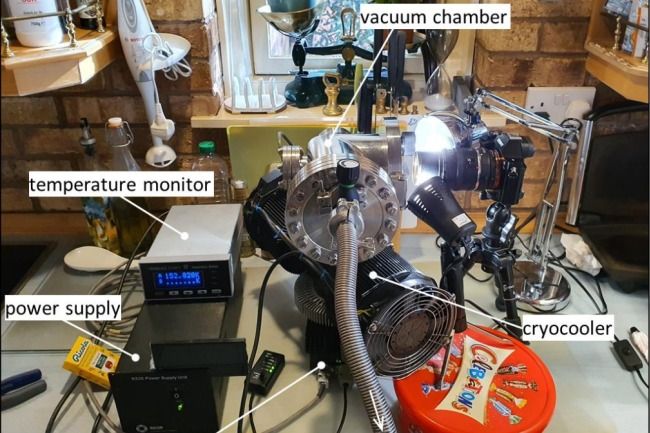
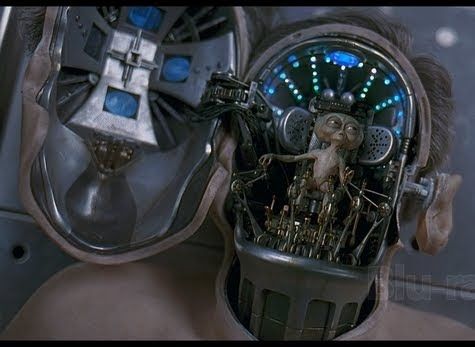
A Google interview candidate recently asked me: “What are three big science questions that keep you up at night?” This was a great question because one’s answer reveals so much about one’s intellectual interests — here are mine:
Q1: Can we imitate “thinking” from only observing behavior?
Suppose you have a large fleet of autonomous vehicles with human operators driving them around diverse road conditions. We can observe the decisions made by the human, and attempt to use imitation learning algorithms to map robot observations to the steering decisions that the human would take.
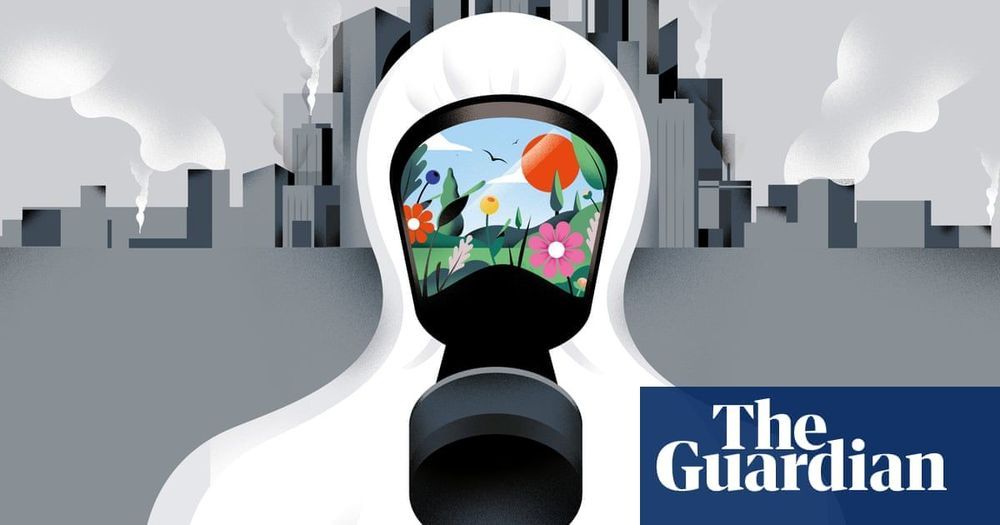
Because crises shape history, there are hundreds of thinkers who have devoted their lives to studying how they unfold. This work – what we might call the field of “crisis studies” – charts how, whenever crisis visits a given community, the fundamental reality of that community is laid bare. Who has more and who has less. Where the power lies. What people treasure and what they fear.
Times of upheaval are always times of radical change. Some believe the pandemic is a once-in-a-generation chance to remake society and build a better future. Others fear it may only make existing injustices worse. By Peter C Baker.


Staffing shortages amid the 386,000 VA employees are “a root cause for many of the problems in veterans’ care,” said Inspector General Michael Missal.
There are two main reasons for the shortages — low salaries and a lack of qualified applicants, with the former leading to the latter.
Consider this item from the report: VA “medical center directors make approximately 25% of a private sector hospital chief executive officer salary yet have a greater scope of responsibility.” Top pay for a VA medical center director is $201,900.

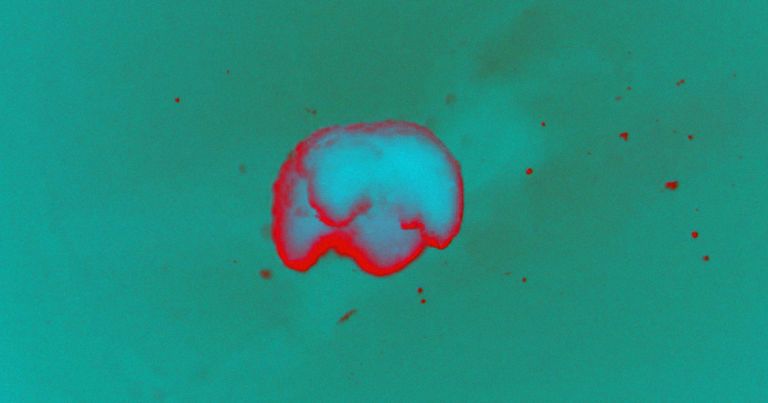
Designer Babies
Xenobots, which were first brought to life back in January, can’t reproduce. Instead, computer scientists program them in a virtual environment and then 3D print their creations out of embryonic cells.
“We are witnessing almost the birth of a new discipline of synthetic organisms,” Columbia University roboticist Hod Lipson, who was not part of the research team, told the NYT. “I don’t know if that’s robotics, or zoology or something else.”

Employees at Jeff Bezos’ aerospace firm Blue Origin are outraged that senior leadership is pressuring workers to conduct a test launch of the company’s New Shepard rocket — designed to take wealthy tourists into space — while the COVID-19 pandemic devastates the United States.
To conduct the flight, Blue Origin officials are considering transporting employees from the company’s main headquarters in Kent, Washington — a town near Seattle where COVID-19 cases have surged — to a small town in West Texas called Van Horn. The town, which has a population of just over 2,000, is home to Blue Origin’s test launch facility where the company has conducted all past flights of the New Shepard rocket.
Many employees fear that traveling to Van Horn might expose them to the novel coronavirus and inadvertently introduce COVID-19 to the residents of the rural town where there is very little infrastructure to handle an outbreak. The Verge spoke exclusively with four Blue Origin employees who all asked to remain anonymous for fear of retaliation from the company. They say they are frustrated by the company’s desire to conduct a launch, as it could unnecessarily jeopardize the health of employees at Blue Origin and residents of Van Horn.
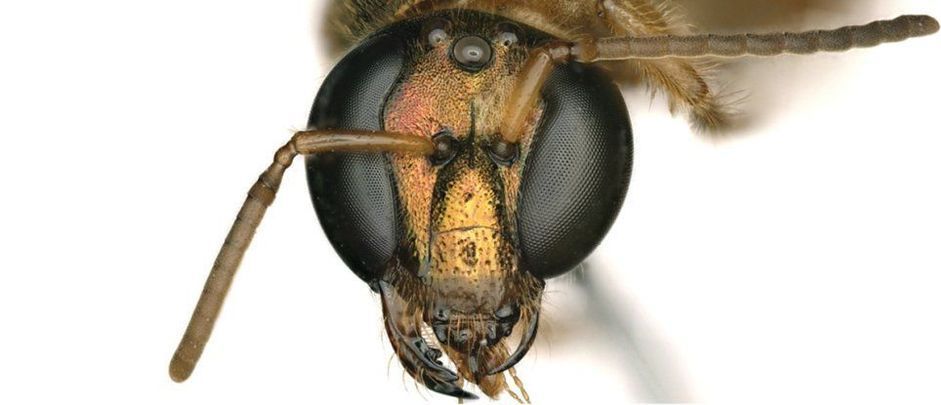
Broadly speaking, animals tend to be sexually dimorphic. You have males, with small gametes, and females, with large gametes, both of which are required for sexual reproduction. Every now and again, though, nature throws a curveball — producing an organism that’s a combination of both sexes, divided straight down the middle.
This condition is known as gynandromorphism, and scientists have just found the first known gynandromorphic individual of its species in a nocturnal bee native to Central and South America, Megalopta amoenae.
On its left side, the bee is physiologically male. It has a small, dainty mandible, a long antenna, and a thin, delicate hind leg with fewer bristles. The right side has female characteristics — a shorter antenna, a pronounced, toothed mandible, and a thick, hairy hind leg.

Giant elliptical galaxies are not likely to be havens for technological life, argues new paper.
I recognized that the model used in the 2015 paper —- along with the known distributions and numbers of spiral and elliptical galaxies —- violated the Principle of Mediocrity, says Whitmire. That means if a technological species was selected at random anywhere in the local universe, the probability that it would reside in an elliptical galaxy would be 99 percent. Since we earthlings don’t find ourselves in an elliptical galaxy, Whitmire says this creates what he calls a statistical paradox.
My solution was to look for physical processes that would mitigate this inconsistency, says Whitmire. Current observations show that the ancestors of today’s large elliptical galaxies were once more compact, he says. This was the key, says Whitmire. This means that when these galaxies went through their early high-energy quasar and starburst phases, the radiation doses to young planets within these galaxies would have been lethal and permanent, he says.
But giant elliptical galaxies are prone to higher metallicities which means that they are also likely to form more gaseous planets, says Whitmire. Gaseous planets are not conducive to forming habitable planets around solar type stars, he says. That’s because they tend to migrate inward and gravitationally destabilize terrestrial type planets orbiting closer to their parent stars.